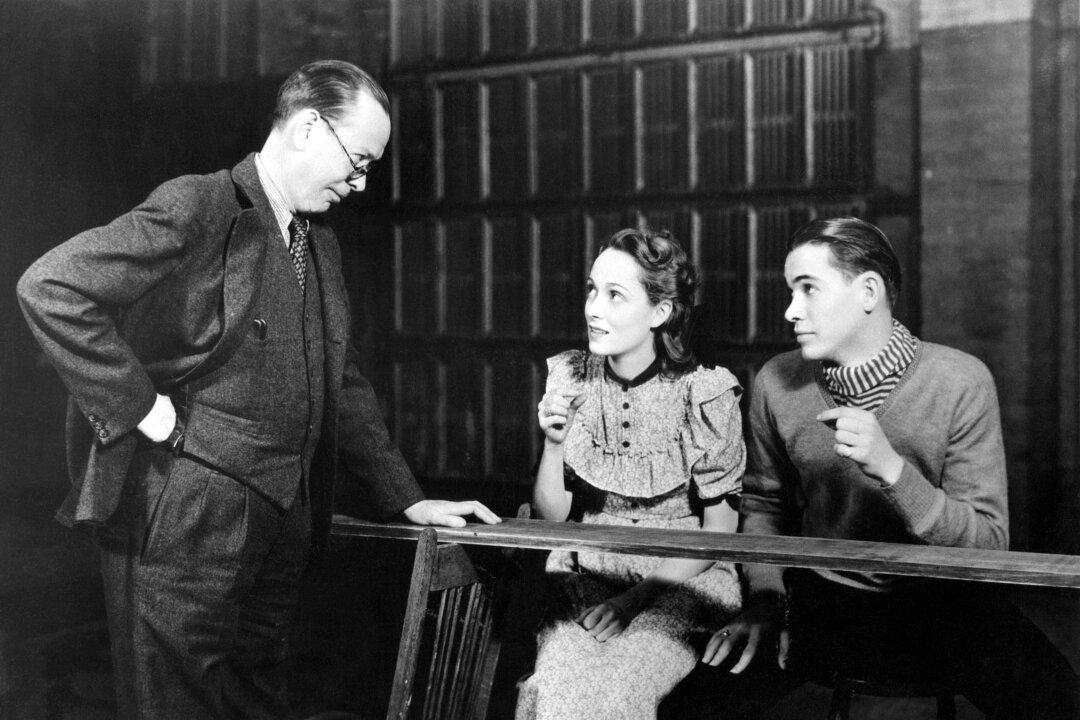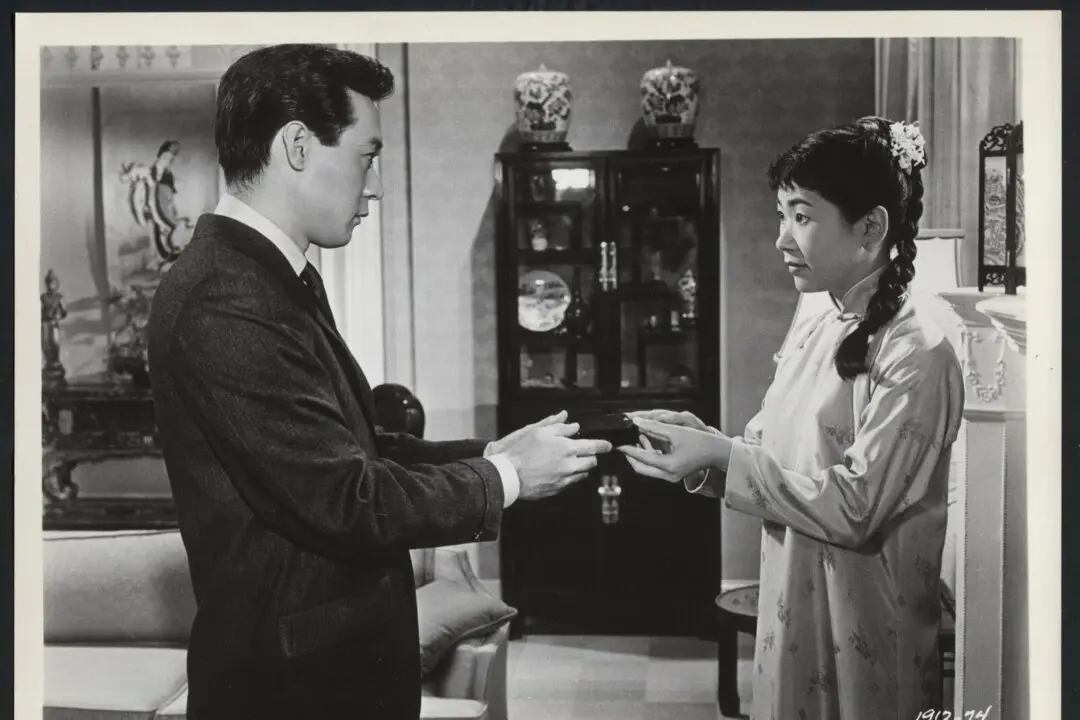“What would things look like if everything went wrong tomorrow? And what does this tell us about how we should prepare today?”
In “Inversion: The Crucial Thinking Skill Nobody Ever Taught You,” the author of the best-seller “Atomic Habits,” James Clear, urged readers to ask these two questions before setting out on a new enterprise or making major lifestyle changes.





